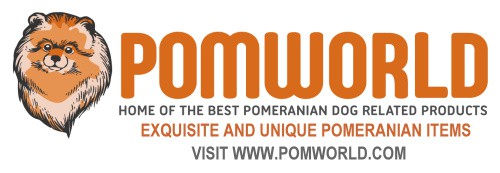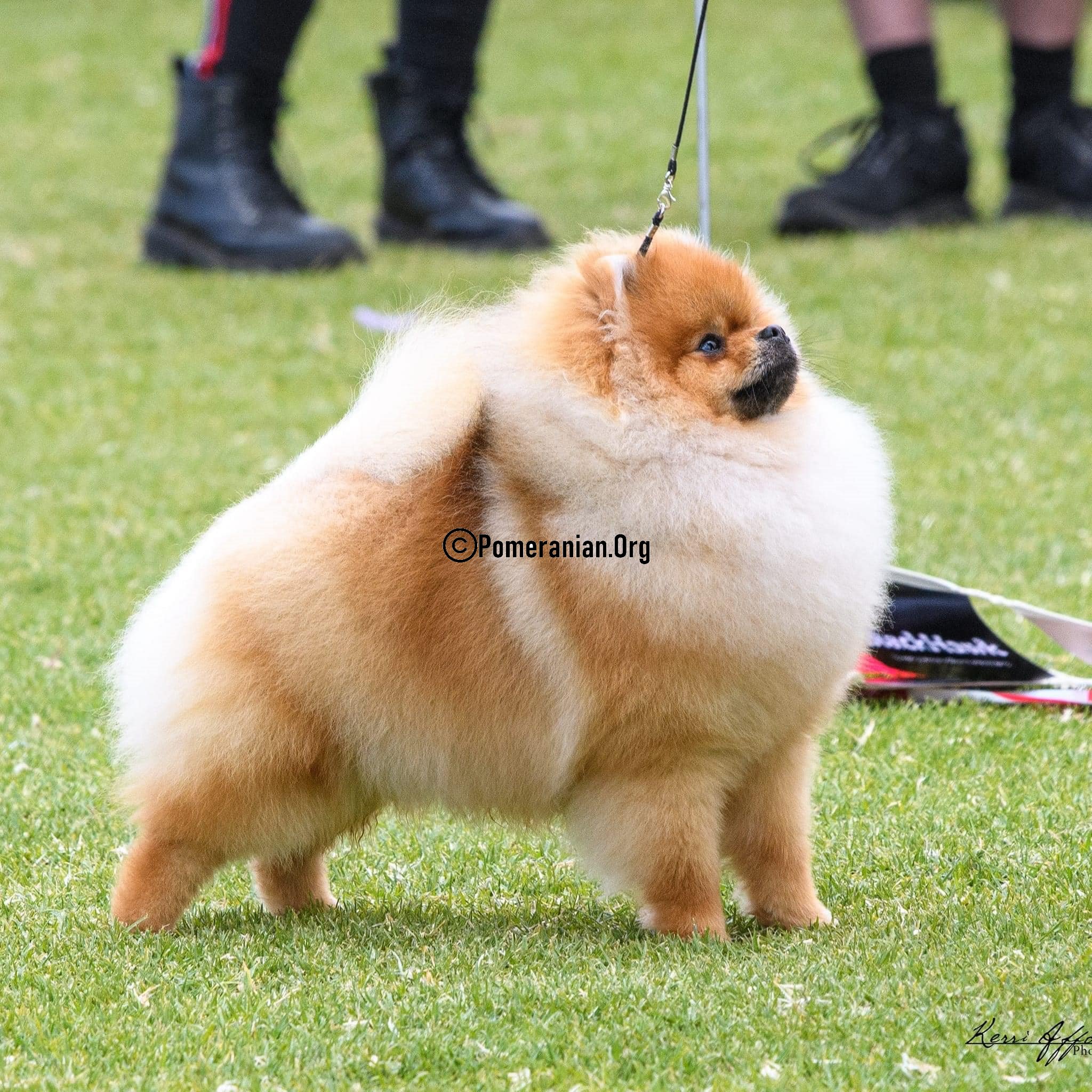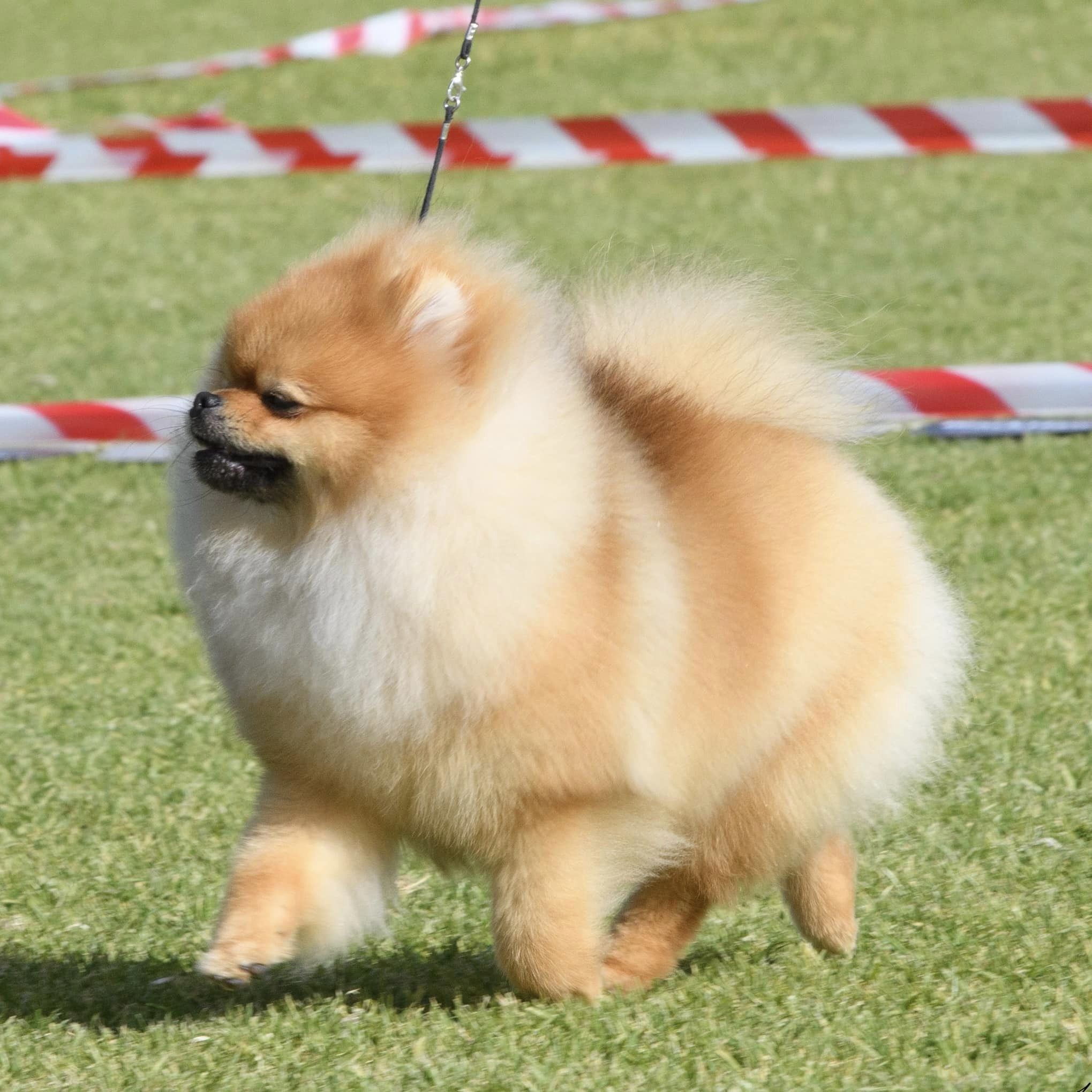Last Updated on 07/03/2022 by Dochlaggie. Post first published on March 7, 2022.
This article regarding Pomeranian kennel cough has been written in consultation with our resident Veterinary Doctor.
One health risk that’s common for dogs is being exposed to kennel cough (also known as Infectious Tracheobronchitis). There are a number of viruses and bacteria that can cause kennel cough. In fact, it’s common that the cause is a mixture of both viruses AND bacteria.
The most common kennel cough viruses include: Canine Parainfluenza virus and canine adenovirus types 1 and 2, Canine respiratory coronavirus, mycoplasma, canine distemper virus, canine herpes virus and canine reovirus.
The most important organism that can cause kennel cough is a bacteria named Bordetella Bronchiseptica. Viruses make dogs susceptible to Bordetella bacteria
If a dog has one or more of these organisms, he’ll get serious inflammation in his bronchi and trachea as well as a severe infection. Symptoms may last four days up to two weeks.
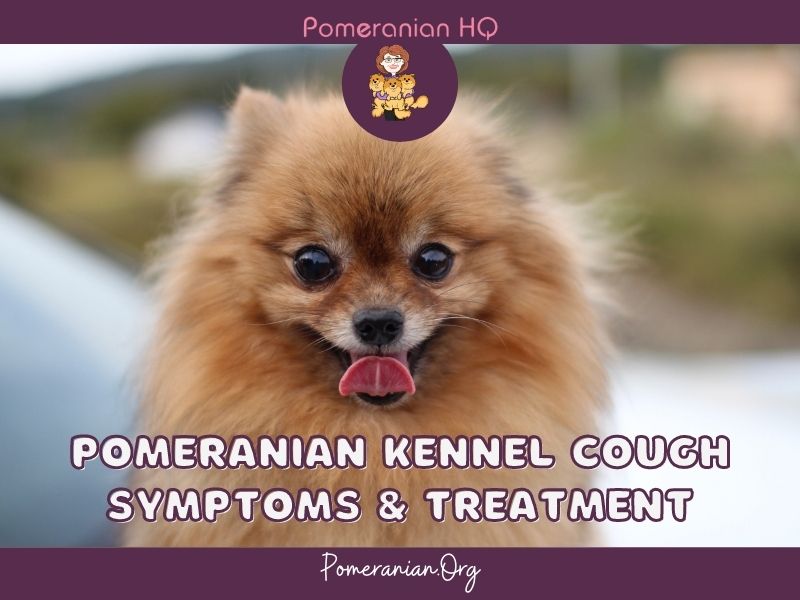
Pomeranian Kennel Cough Symptoms
Most dogs will have symptoms 7-10 days after they have been exposed.
A Pom with kennel cough will have usually lethargy (low energy), sneezing, eye discharge and coughing fits and then it will settle and become minor bouts.
Coughing may become aggravated by activity, drinking water or when moving from places with different temperatures. E.g. a warm to a cool environment or the other way around.
Most dogs that have kennel cough will behave normally except for the coughing. They’ll also eat normally. However, a dog may have a higher temperature reading (as high as 105°F), lose his appetite and have a nasal discharge.
What Does Kennel Cough Sound Like in a Pomeranian?
The most typical symptom is a deep sounding honking-like cough that seems to hit quickly. The cough doesn’t usually produce anything and your dog may look like he’s dry retching, a problem in itself.
Kennel Cough Treatment
You generally don’t need to treat your dog because the infection usually disappears on its own within 10 days. However, some dogs may cough for as long as three weeks. If the symptoms are severe, you may need to consult your vet and get medication to help settle the problem.
If the cough is productive, let it continue (provided it doesn’t affect his ability to sleep and rest) because this can clear debris and inflammation. If the cough is productive and so annoying that your dog can’t get enough rest, a cough suppressant is indicated. You can use diluted over-the-counter human cough medicine or honey and the cough should settle.
If not, consult your vet because more serious medications may be required. Antibiotics will be necessary, especially if his temperature is high for more than a couple of days. However, remember that antibiotics will only stop bacterial causes.
The body’s natural defence systems will combat the viruses, in the same way they do in people. If the medications don’t work or the symptoms become worse, the dog should be taken to the vet to be reassessed.
Kennel cough can occur as part of more severe respiratory diseases and will need a more detailed diagnostic plan and treatment regimen. The dog has to be isolated from other dogs so it’s not spread.
Organisms spread mainly on drops of water in the air and directly between dogs when they make contact. A vet generally recommends isolating the sick dog until there has not been any coughing for a minimum of seven to 10 days.
So it doesn’t spread, the ventilation in the dog’s kennel needs to be increased to the point where the air is being swapped 12-15 times each hour. Humidity should be kept under 50% if at all possible.
Crates, kennels and dishes must be washed thoroughly with powerful disinfectants and then let completely dry before they’re next used.
Some vaccines can prevent kennel cough. These can be given as nasal drops or as an injection. The nasal drops seem to give a higher amount of protection.
Obviously no vaccine is perfect, they apparently have the capacity to reduce kennel cough. In most cases, kennel cough is only a minor problem for dogs but it can quickly become more severe and spread in groups quickly if ignored.
All dog owners need to understand how they can prevent this debilitating disease and also how to reduce its ability to spread. It’s unfair to make other dogs sick if you take your infected dog for walks, present him at shows or let him play with other dogs.
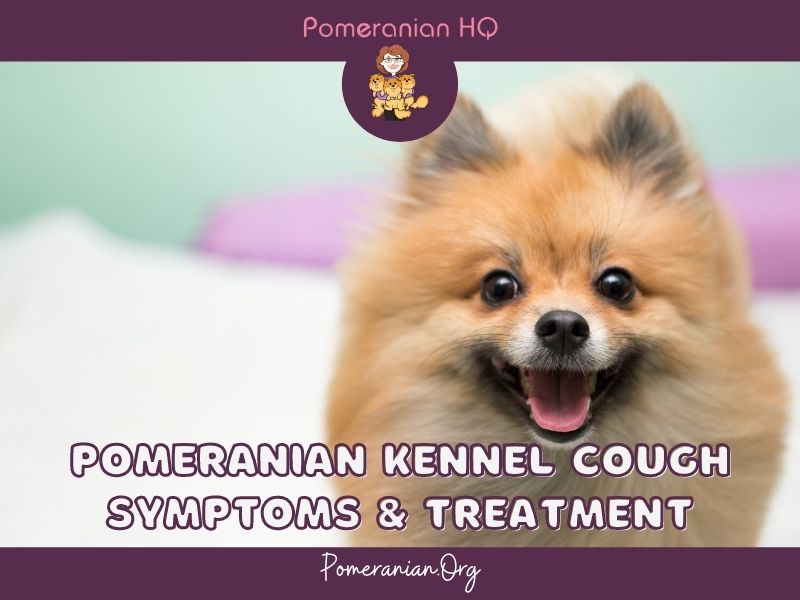
Natural Remedies That Can Be Used to Boost Your Pom’s Immune System
Vitamin C. Use it three times per day (250 mgs for small dogs). If you already use this regularly, then that’s very good. This should be added to whatever dose you currently use and should be spread out through the day.
Herbal tinctures. Echinacea. Give him a few drops three times each day, either in his mouth or on his food. Golden Seal. The same applies as with Echinacea.
Colloidal Silver. 1-2 drops three times per day either in his water or food. To specifically fight the kennel cough virus:
Homeopathic Remedies for Kennel Cough
(they work when the right remedy and symptoms are matched, regardless of how potent the remedy is).
Bryonia. 1-2 pellets three times per day. Dog can’t eat for 10 minutes before and after taking the pellets. You can get this from most health food stores in a 6C or 6X strength and that’s an ok but if you can get 30C, that’s stronger.
Drosera. Used the same as Bryonia.
Honey Pomeranian Kennel Cough Treatment
If your Pomeranian is coughing, he may have an irritated or sore throat, a half teaspoon of honey three times every day will help. Avoid letting your dog be around second hand smoke and keep him in an even level humidity environment.
- Eliminate exposure to second hand smoke.
- Maintain humidity in the environment.
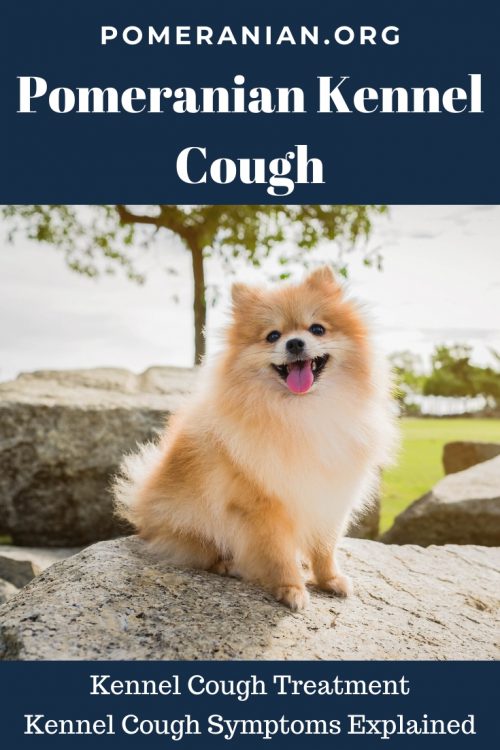
Final Thoughts on Pomeranian Kennel Cough
If you ever have concerns about your Pomeranian dog’s health, contact your vet. As with people, catching problems early means they can be treated faster and make a complete recovery.
N.B. This article regarding Pomeranian health issues was written in consultation with our resident veterinarian.
Dr. Muqeet Mushtaq
DVM, University of Animal and Veterinary Sciences, 2019
MSc. (Hons.) (Animal Breeding & Genetics), University of Agriculture Faisalabad, 2021
Copyright Pomeranian.Org. All Rights Reserved.
References and Further Reading:
[1] Denise Leo “The Pomeranian Handbook”.


